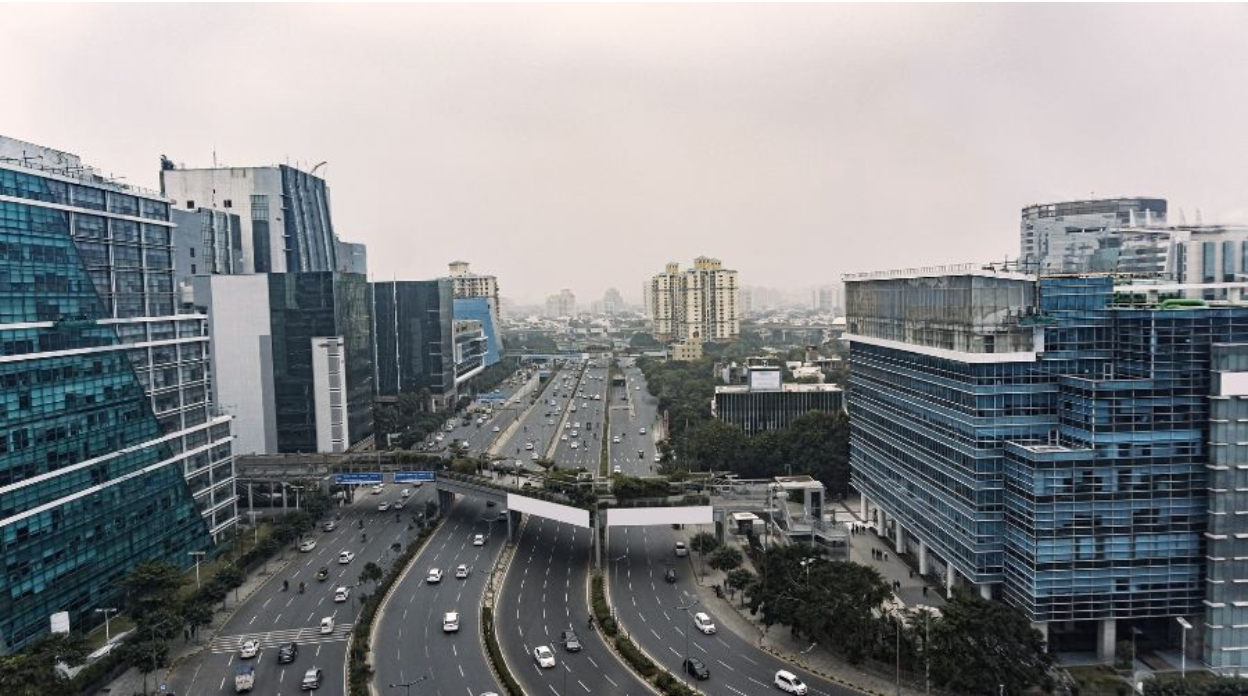Introduction
In the ever-evolving global business landscape, the role of Global Capability Centers (GCCs) has become increasingly significant. These centers, often referred to as Global In-house Centers, are pivotal in driving innovation, enhancing operational efficiency, and providing strategic value to their parent companies. Choosing the right location for establishing a GCC is crucial, and India has emerged as a strategic hub for these centers. This article explores why India is the preferred destination for GCCs, delving into the various factors that contribute to its appeal.
Why India is a Preferred Destination for GCCs
India's journey as a preferred destination for GCCs began over two decades ago, when multinational corporations recognized the potential of leveraging the country’s vast talent pool and cost advantages. Today, India is home to numerous GCCs across various industries, including IT, finance, healthcare, and more. The country continues to attract global giants seeking to establish and expand their capability centers.
Talent Pool
Availability of Skilled Professionals
India boasts one of the largest and most diverse talent pools in the world. With over 1.5 million engineering graduates annually, the country provides a steady supply of highly skilled professionals. Additionally, India's workforce includes experts in fields such as IT, finance, data analytics, and customer service, making it an ideal location for GCCs.
Educational Infrastructure
India’s robust educational infrastructure plays a significant role in nurturing talent. Renowned institutions such as the Indian Institutes of Technology (IITs) and Indian Institutes of Management (IIMs) produce graduates who are well-equipped to meet the demands of global businesses. Moreover, various specialized training programs and certifications ensure continuous skill development.
English Proficiency
English is widely spoken and used as a business language in India. This proficiency in English facilitates seamless communication with global teams and clients, eliminating language barriers that can hinder collaboration.
Cost Efficiency
Comparison with Other Global Locations
One of the primary reasons for choosing India as a GCC hub is cost efficiency. Compared to Western countries and even some other Asian destinations, India offers significantly lower operational costs.
Operational Cost Savings
Businesses can achieve substantial savings on salaries, benefits, and other operational expenses. The cost of hiring skilled professionals in India is considerably lower than in developed countries, allowing companies to allocate resources more efficiently.
Real Estate and Labor Cost Advantages
Real estate costs in India, especially in Tier-2 and Tier-3 cities, are much lower than in major global cities. Additionally, the overall cost of living is lower, which translates to reduced labor costs without compromising on quality.
Advanced Infrastructure
Office Spaces and Special Economic Zones (SEZs)
India has made significant investments in developing modern office spaces and SEZs. These zones provide world-class infrastructure, tax incentives, and streamlined customs procedures, making them attractive for GCCs.
Transportation and Logistics
The country’s transportation infrastructure, including an extensive network of highways, railways, and airports, ensures efficient logistics and easy accessibility. This facilitates smooth business operations and employee commutes.
Power and Telecommunications
Reliable power supply and advanced telecommunications infrastructure are critical for the uninterrupted functioning of GCCs. India has made considerable progress in these areas, ensuring consistent and high-quality services.
Strong Connectivity
High-Speed Internet
High-speed internet connectivity is a cornerstone of modern business operations. India has significantly improved its internet infrastructure, with widespread availability of high-speed broadband and mobile networks.
Secure Communication Channels
Data security is paramount for GCCs. India has robust cybersecurity measures in place, ensuring secure communication channels for global operations. The country’s focus on data protection aligns with international standards.
Global Connectivity and Time Zone Advantages
India’s strategic geographical location provides a time zone advantage, particularly for North American and European businesses. This allows for extended working hours and real-time collaboration with global teams.
Innovation and Digital Transformation
Role of GCCs in Innovation
GCCs in India are no longer just cost centers; they have evolved into hubs of innovation. These centers drive digital transformation initiatives, leveraging cutting-edge technologies such as AI, machine learning, and blockchain.
Digital Transformation Initiatives
India’s digital ecosystem supports various transformation initiatives. GCCs play a crucial role in developing and implementing digital strategies, helping their parent companies stay competitive in the global market.
Case Studies of Successful GCCs in India
Several multinational companies have successfully established GCCs in India, resulting in enhanced operational efficiency and innovation. These case studies highlight the strategic value that India brings to global businesses.
Government Support and Policies
Business-Friendly Policies
The Indian government has implemented numerous business-friendly policies to attract foreign investments. Initiatives like "Make in India" and "Digital India" aim to create a conducive environment for business growth.
Incentives for Foreign Investments
Foreign investors benefit from various incentives, including tax breaks, grants, and simplified regulatory processes. These incentives make India an attractive destination for establishing GCCs.
Regulatory Framework
India’s regulatory framework supports the establishment and operation of GCCs. The government continues to work on reforms that make it easier for businesses to navigate regulatory requirements.
Challenges and Solutions
Political and Economic Stability
While India offers numerous advantages, it is not without challenges. Political and economic stability are crucial for business continuity. Companies need to conduct thorough due diligence and have contingency plans in place.
Managing Cultural Differences
Cultural differences can impact business operations. However, investing in cultural training and fostering an inclusive workplace can help bridge these gaps and enhance collaboration.
Solutions and Best Practices
Adopting best practices, such as clear communication protocols and agile methodologies, can mitigate potential challenges and ensure successful GCC operations.
Future Outlook
Trends in the Global Market
The global market is constantly evolving, and GCCs must adapt to changing trends. Emerging technologies, remote work, and sustainability are shaping the future of business operations.
Projections for GCC Growth in India
India’s GCC landscape is poised for growth. With continued investments in infrastructure and talent development, the country is set to remain a top destination for GCCs.
Technological Advancements
Technological advancements will drive the next wave of innovation in GCCs. Companies that leverage these advancements will be better positioned to achieve long-term success.
Conclusion
India’s strategic advantages make it an ideal hub for Global Capability Centers. The country’s vast talent pool, cost efficiencies, advanced infrastructure, and supportive government policies create a conducive environment for GCCs to thrive. By leveraging India’s strengths, businesses can drive innovation, enhance operational efficiency, and maintain a competitive edge in the global market.
FAQs
What is a Global Capability Center (GCC)?
A Global Capability Center (GCC) is a centralized facility that provides various business services and capabilities to its parent company on a global scale.
Why is India an attractive location for GCCs?
India offers a skilled labor force, cost-effective solutions, advanced infrastructure, and strong connectivity, making it an attractive location for GCCs.
What are the main advantages of setting up a GCC in India?
Key advantages include access to a vast talent pool, cost savings, high-quality infrastructure, and supportive government policies.
How does the Indian government support GCCs?
The Indian government provides business-friendly policies, incentives for foreign investments, and a supportive regulatory framework to facilitate the establishment and operation of GCCs.
What are the future prospects for GCCs in India?
India’s GCC landscape is expected to grow, driven by technological advancements, continued investments in infrastructure, and an evolving global market.
Also Read: Thriving in the Digital Age: How Indian GCCs are Embracing Tech for a Competitive Edge





